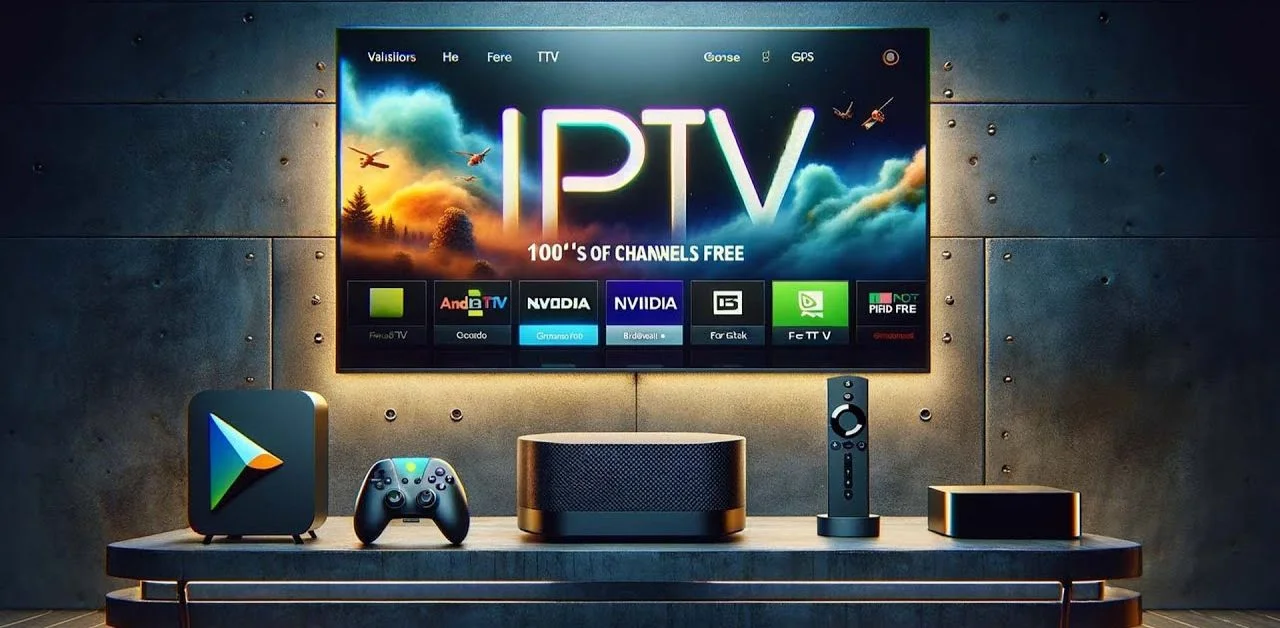
What is IPTV?
IPTV refers to the transport of TV content over Internet Protocol (IP) networks. Unlike traditional TV broadcasting methods, including satellite TV for PCs or cable, IPTV UK sends suggestions and films through your popular internet connection. This era offers three awesome services: live TV, time-shifted media, and video on demand (VOD).
Core Features of IPTV:
- Streaming Content: IPTV streams video content material using the internet, in preference to conventional terrestrial, satellite, or cable television codecs.
- Services: Typically, IPTV provides three major services:
- Live Television: Similar to standard TV broadcasting.
- Time-Shifted Media: This includes functions like replaying a TV display that was broadcast hours or days ago (capture-up TV).
- Video on Demand (VOD): Where users can select and watch video content from a catalog.
- Flexibility and User Control: Unlike conventional IPTV, IPTV offers greater consumer control over what and where to look. Users can pause, rewind, or rapid-ahead content material as wanted.
- Interactive Features: Some (what’s iptv?) iptv offerings include interactive features, which include voting, purchasing, and personalised offerings.
- Quality and Performance: IPTV often supports excessive-definition content material and has mechanisms to ensure the exceptional quality of service, preventing picture degradation or buffering for the duration of transmission.
Technical Aspects:
- Content Delivery Network (CDN): what is IPTV uses a CDN to supply multimedia content from the content material issuer to the give-up user in an incredibly green manner.
- IP Multicasting: This allows for live information to be sent to more than one receiver concurrently, significantly lowering the bandwidth necessities.
- Video Compression: Technologies like MPEG4, H.264, and others are used for compressing the video content material for efficient transmission over the net.
Advantages of IPTV:
- Convenience: Offers flexibility to watch TV packages at any time.
- Wide Range of Content: Access to a broader variety of shows and films than conventional TV.
- Customizability: Services can often be tailor-made to the possibilities of male or female customers.
- Integration: ability to integrate with other IP-primarily based services like high-speed internet and VoIP.
Challenges:
- Bandwidth Requirements: High-quality streams require substantial bandwidth.
- Latency and buffering can be a trouble, particularly in regions with poor internet connectivity.
- Content Licensing: Obtaining rights for broadcasting certain content material may be difficult and expensive.
IPTV represents a considerable shift in how media content material is introduced and consumed, presenting a greater personalised, bendy, and interactive experience in comparison to standard broadcast TV. As internet technologies continue to adapt, IPTV is possibly to become an increasing number of not unusual methods of media intake internationally.
The Mechanism Behind IPTV
The heart of IPTV is its functionality to move continuous statistics via the net. It makes use of a packet-switched network, where facts are dispatched in small chunks, taking into consideration a more efficient delivery as compared to traditional, broadcast-tethered methods. This setup no longer only guarantees better quality but also affords visitors greater control over what and after they watch.
Types of IPTV Services
- Live Television: Similar to standard TV, this service gives live broadcasts over the internet.
- Time-Shifted Media: Also called seize-up TV, it permits users to observe proclaims later, imparting flexibility.
- Video on Demand: Users can pick from a catalogue of films no longer related to TV programming.
Benefits of IPTV
- Convenience and Flexibility: Viewers can watch their favourite shows at their desired time.
- Interactivity: IPTV gives interactive capabilities like voting, purchasing, and video games.
- Content Variety: A tremendous variety of content material is offered, surpassing traditional TV services.
- Quality of Service: Delivers extremely good audio and video content.
- Customisation: Users can often personalise their viewing experience with numerous IPTV provider carriers.
The Future of IPTV
what is iptv, iptv boom aligns with the growing worldwide net penetration and demand for for on-demand content. As internet speeds and infrastructure improve worldwide, IPTV is ready to redefine the TV broadcasting enterprise similarly, presenting visitors an unparalleled level of management and first-class service.
In end
IPTV subscription represents a modernised technique for TV broadcasting, leveraging advancements in internet generation to offer a more flexible, interactive, and consumer-targeted media intake experience. It stands apart from traditional television formats with its ability to offer stay-broadcasting, time-shifted media, and a substantial array of on-call content. This era caters to the evolving possibilities of viewers who are seeking convenience, range, and control over their viewing enjoyment. The boom and adoption of IPTV are indicative of a broader trend in the direction of internet-based offerings, reflecting the growing integration of virtual technology into normal life. As internet infrastructure continues to improve globally, IPTV is poised to further transform the landscape of TV broadcasting and entertainment.


Leave a Reply